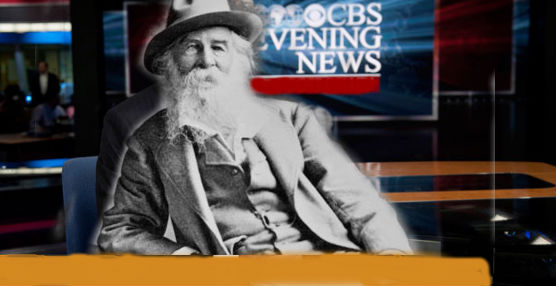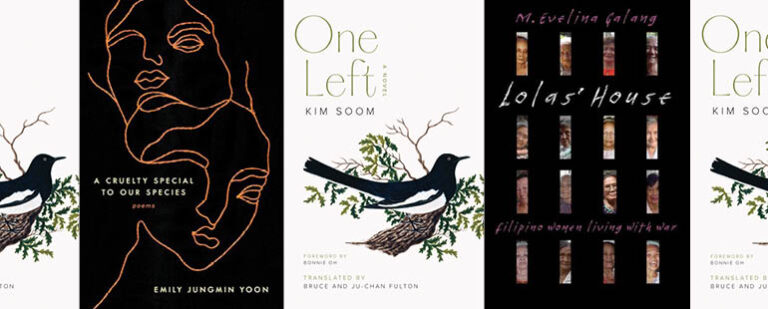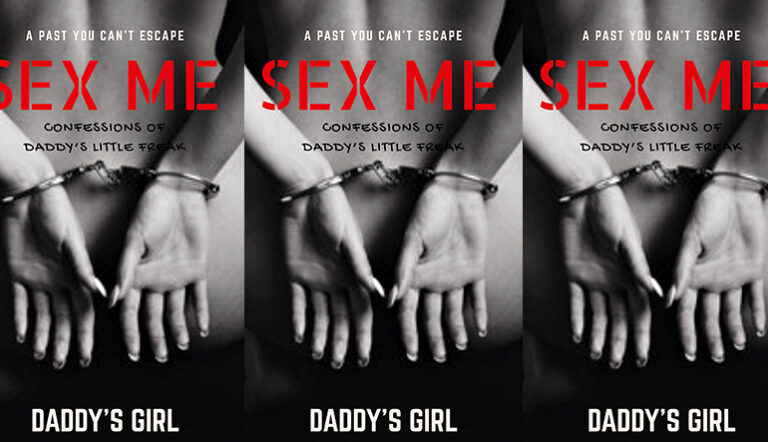Against Solace: Interrogation in the Work of Three Trans Poets
I don’t look for solace in poetry. Built in to the definition of solace is the notion of comfort or calm, and that’s generally not what I feel when I read poems at all. Bad poems disappoint me. Good poems unsettle me. In the poems I love best, there is often mystery, something I feel I can’t quite pin down, but which is so alluring, or which speaks to me so viscerally that I can’t ignore it. Put another way: for me, good poems radically interrogate, rather than illuminate, and this isn’t an experience I find particularly soothing.
Lately, I have been thinking a lot about interrogating gender in poetry, and I’m especially interested in the work of three trans poets that use a wild arsenal of strategies to unsettle notions of gender and sexuality. It’s not accidentally, of course, that I have chosen three trans poets to look at here, but I also don’t mean to suggest that this strategy is one inherent to trans poetics.
Oliver Bendorf
Bendorf’s poem “Both / Both” takes as its epigraph the quote “We were just kids” from Patti Smith, and the poem seems to describe an early sexual experience on the part of both the speaker and the speaker’s lover. The poem immediately builds up energy and tension with its short lines, lack of punctuation, hard enjambments, and unfinished phrases: “keeps saying “I don’t / know with a sweet / I don’t know, I don’t / know.” This breathless momentum continues as the speaker pulls the veil off one of the meanings of “both” in the title: “a breast in my hand // the tender way / without embarrassment / I have them too.”
Whatever intimate act occurs, it’s obscured by the language used to describe it—although obscured sounds too pejorative. Perhaps it’s more accurate to say that the experience is rendered entirely new by Bendorf’s language: “she pulls me close and / goods me / empty goods me clean.” Alongside this joy—and not wholly apart from it—is the speaker coming up against the uncharted nature of the experience. The picture they form is “smudgy gray” and there are only “a little bit of words // for our both chests.” The space, of near vision and an attempt to name or label, has the potential to be fraught, but instead, we get the poem’s climax, transcending language, with some resistance that is finally overcome:
then an airplane leaving
the limits then love then
love then limits then
limits then love then
love then love then
Jos Charles
In terms of energy, Charles’ poem “feeld” exists opposite of Bendorf. Where Bendorf created a hurtling energy to reflect the giddiness of an early sexual encounter, Charles does everything to slow their piece down. Visually, each section is boxy, like a prose poem, though Charles uses both enjambment and slash marks to create actual line breaks as well as indicated line breaks. Alone, this effect would create rather extreme pauses, but it’s combined with language that recalls old English (think Chaucer), or a small child spelling phonetically, or a person texting in age of Autocorrect. Charles’ use of this language is relentless, but the effect is profound—each word must be encountered, confronted, pored over, considered. Nowhere is this more affecting than in these lines:
tonite i wuld luv to rite the mothe inn the guarden /
2 greev it / & as a mater off forme / did u kno
not a monthe goes bye / a tran i kno doesn’t dye
just shye off 27 / its such a plesure to b alive / inn
this trembled soot / u lent / shock is a struktured
responce / a whord lost inn the mouthe off keepers / & u thum at the mothe /
a dozen bes / i tetherred thees
nites / i gathred so manie trees
There is a sense of—if I can call it this—tragic play in these spellings (“guarden” for “garden” or “bes” for “bees”). But perhaps what speaks to me most about this passage is the way Charles subverts Romanticism by using the moth—a symbol of change and transformation—to bookend the yank of the cold fact: “not a monthe goes bye / a tran i kno doesn’t dye.”
Milo Gallagher
More explicit than either Charles or Bendorf, Gallagher’s Whitman-esque declarations in “What It Feels Like” are both playful and barbed. Early on in the poem, Gallagher declares, “I cannot be regular about sex / I step on a bee and I orgasm / When touched I am distant as a shrimp boat / lit up off the coast of the bay.” Gallagher’s use of flora throughout cheekily nods to critical notions of what is “natural” in sex and gender, but the further the poem goes, the more the tone resolves, like a developing photo coming into focus:
My gender is a nightmare like they meant it in the old days
The demon bareback on the black horse
galloping into my sleep
I am never well-rested
I am never a pitcher of clear water I am the swamp and the sphagnum
I am the white cereus I bloom just once so watch closely
I am rose of jericho or I am spike moss
I die and die and come back when you least expect me
By the time the poem’s final line lays itself down—“new inside each time”—we might be tempted to an easy interpretation of triumphant rebirth. But like Charles’ moth or Bendorf’s airplane, the symbolic stand-ins here—the rose, the moss—are born of struggle, of limits, and of grief that have stamped themselves upon the language indelibly. The poems welcome the possibility of joy—but help us to realize that joy also always contains its opposite.


